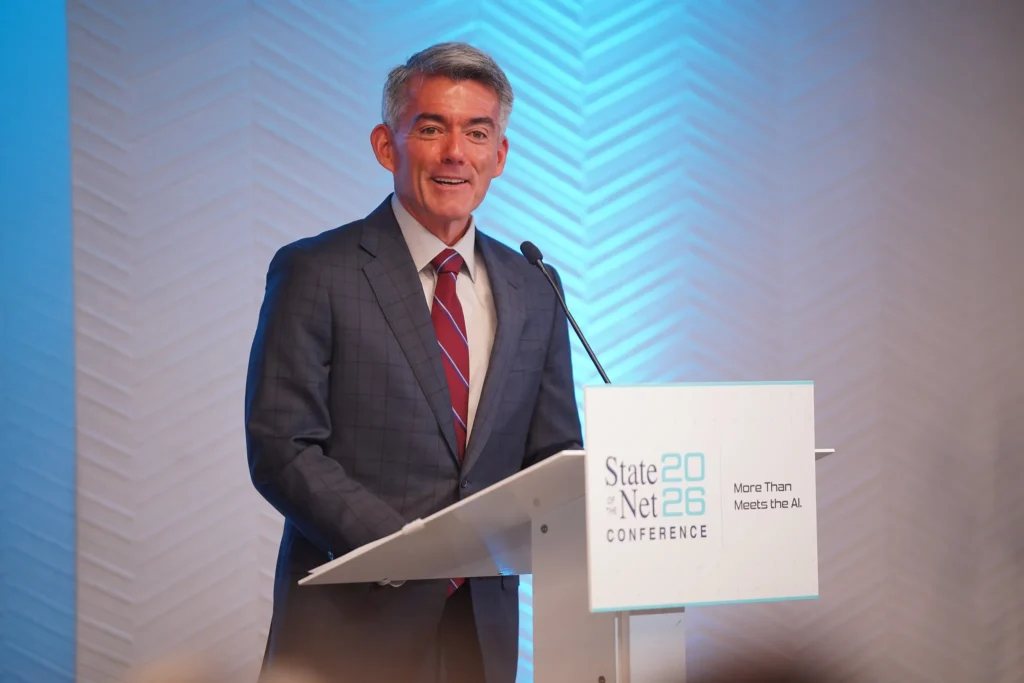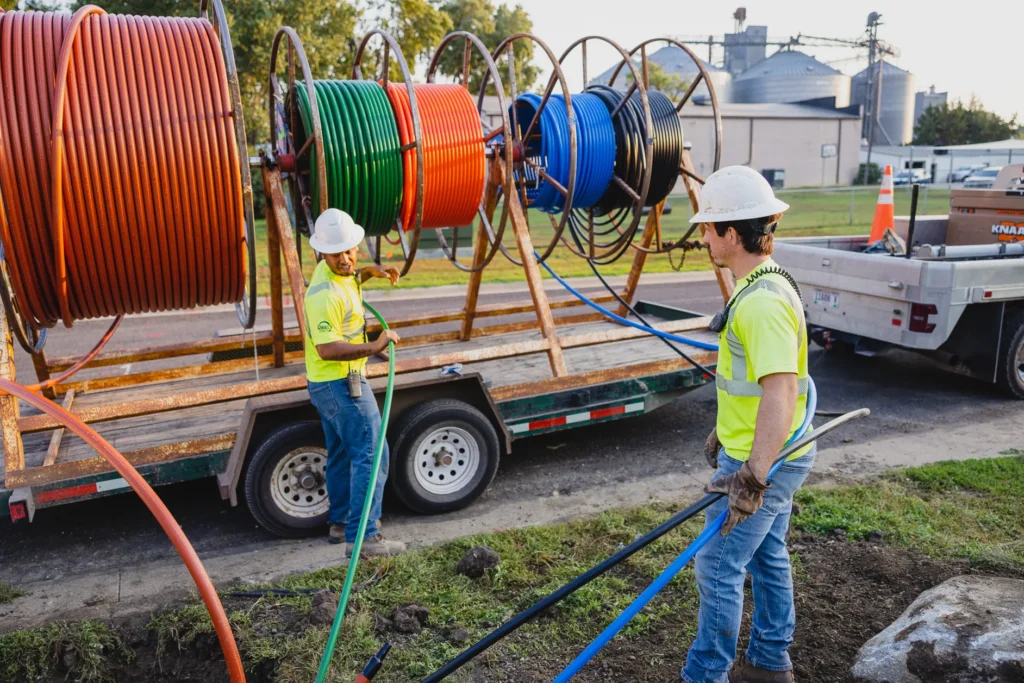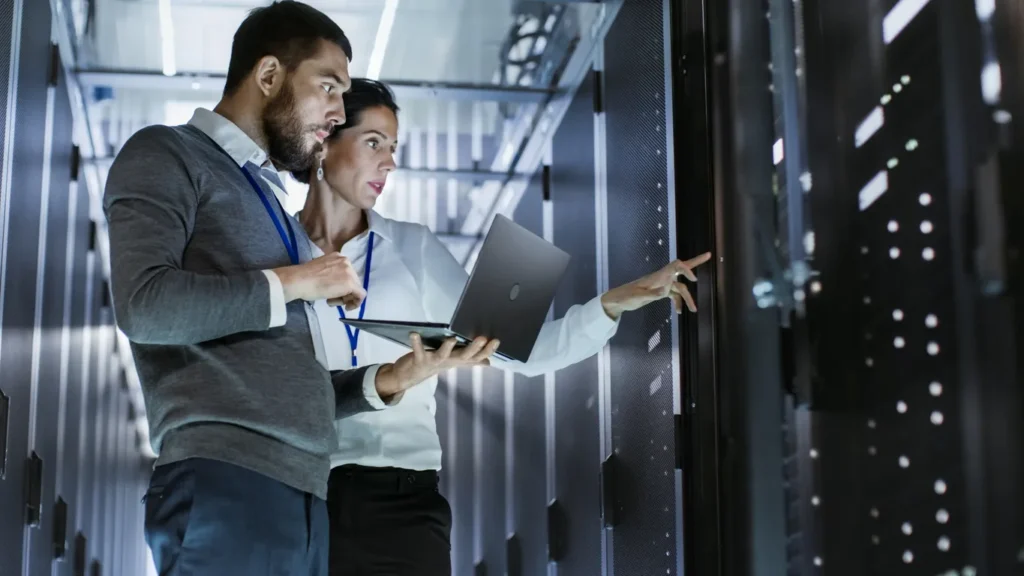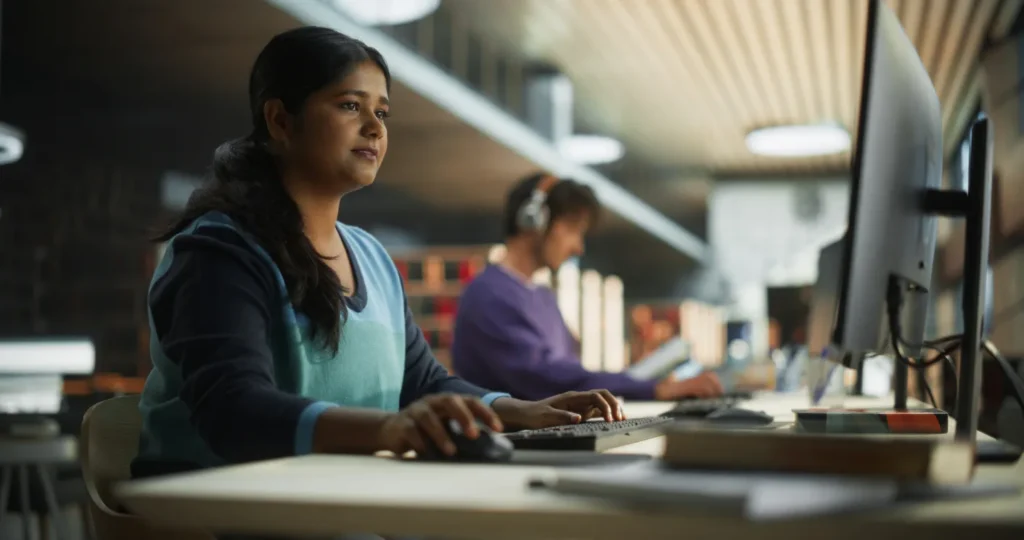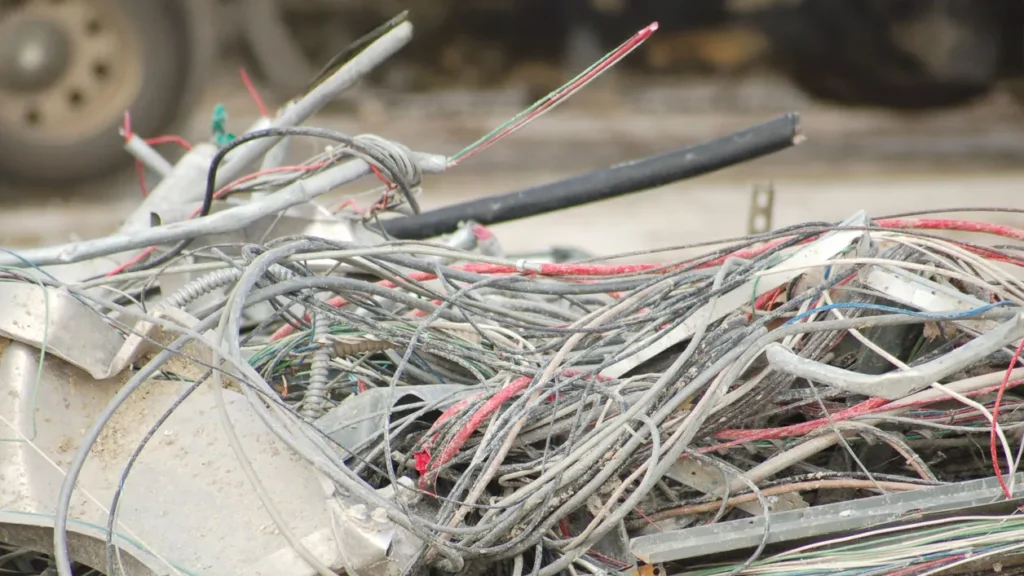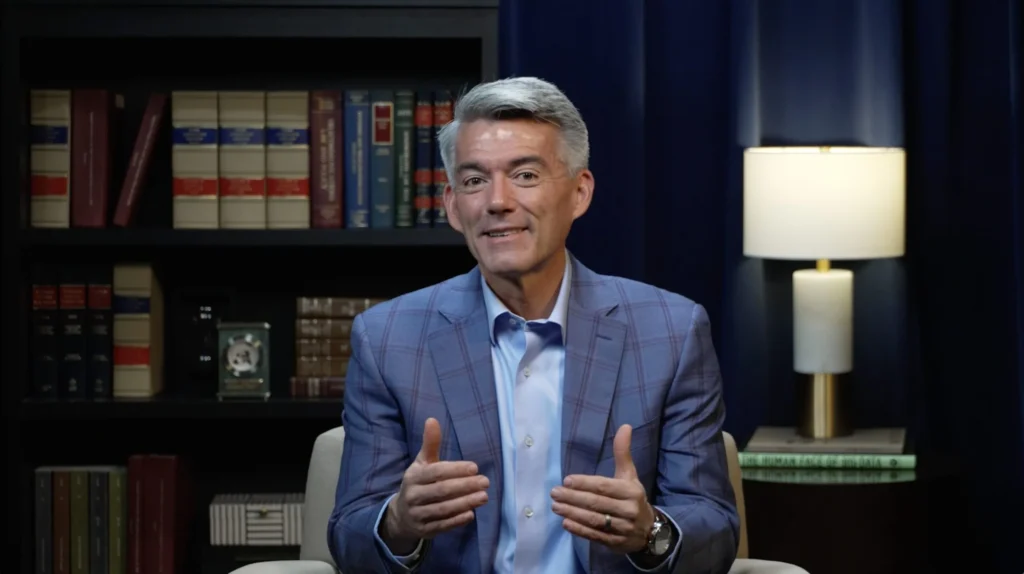As students head back to school this fall, it is worth thinking back to March 2020, when COVID caused worldwide shutdowns and school closures.
In Chicago, the public school district recognized that partnering with the private and nonprofit sectors was key to facilitating the transition to an unprecedented need for remote learning. An estimated 100,000 Chicago Public Schools (CPS) students were without an internet option that could support the applications required for distance learning.
Thanks to the collaborative efforts of Mayor Lori Lightfoot, Comcast, CPS, numerous community-based and philanthropic organizations, and private businesses, Chicago Connected came to life quickly. The program offers free internet service to eligible students and their families.
As NCTA reported in 2020, the $50 million initiative, which utilizes a mix of funds from philanthropic entities, public sources, and CPS, has served as a blueprint for other school districts across the country to follow in enabling distance learning opportunities for their students, and in demonstrating the value of public-private partnerships. In addition to Chicago Connected, Comcast worked with school districts and public leaders in cities, ranging from Philadelphia, Atlanta, Sacramento and Pittsburgh to Washington, D.C and others, to launch internet adoption initiatives.
Comcast’s role in Chicago Connected has gone further than just installing broadband connectivity in unserved homes. Today, in 2022, the future looks even brighter for the program and its growing reach. NCTA recently caught up with Comcast Vice President, Strategic Planning, Impact & Inclusion, Matthew Summy, to learn more about where the program is now and its impact on the city.

Building a Continuum
The Chicago Connected program has been expanded and extended into a four-year commitment. “As this school year starts, we’re into year three now with more than 100,000 students benefitting—an estimated 60,000 unique households—since its inception,” said Summy.
Now with the FCC’s Affordable Connectivity Program (ACP) established earlier this year, eligible students and families have another avenue where they can sign up for free internet service. “We’d love to see them connected, whether through the Chicago Connected program or through ACP. Because even when their children graduate from CPS, we know that staying connected is essential for school, work, health and more. We want to think of these partnerships in the larger context and with maximum opportunity for impact,” added Summy.
The program has also expanded eligibility to include the 11 community colleges in Chicago. When a student graduates from the school district and enrolls in one of those colleges, they are still eligible to receive free broadband service in their home. Summy explained that after evaluating the completion of the program’s first year, the taskforce recognized that each year thousands of families needed a continuous connectivity path from graduation to the next stop on their educational journey, and that expanding Chicago Connected was that opportunity. So, they started looking at ways they could keep these families engaged.
“This way, Chicago Connected stays with you,” explained Summy. “It’s a continuum, and all these important incremental changes [the program has experienced] are actually really powerful.”
Providing Digital Literacy Training
Another component of the program that has flourished over time includes the plethora of digital skills and literacy trainings offered that help people learn how to access telehealth services, use video conferencing applications correctly, apply for jobs, become certified in software applications, and more. These kinds of classes are offered through third parties in connection with Comcast, such as the community-based organizations that support Chicago Connected. Summy elaborated that those community-based organizations involved in the program renewed their commitments going into this third year. One of those is Hope Technology and Education Center (Hope TEC), which offers computer and digital skills classes in an effort to close the digital divide in Chicago.
Through Chicago Connected, Hope TEC Executive Director Julie Collier said her organization works primarily with parents, and sometimes grandparents, to educate and empower them on how to help their children use connected devices and navigate the internet. Most of the time, the classes are online, making it easier for parents to keep up with the training while juggling their jobs and childcare responsibilities. The classes have been going so well that earlier this year they began offering their services in Spanish to accommodate the Spanish-speaking population in Chicago’s schools, as well as at the school district’s “Parent University” sites across the city.
Over time, the trainings have evolved as the parents gain more skills. They may start out taking classes to help their children with their schoolwork and then expand to taking classes for themselves to help out with household responsibilities, such as preparing a budget, or to gain computer skills for job opportunities, Collier explained. “It goes from ‘I understand these basics,’ to ‘Ok, what else can I do?’ Then you might go to Microsoft Excel, for example. You get a large population who then wants to go further, and you can see they have a vested interest,” said Collier, emphasizing how a program like Chicago Connected can impact an entire household. A household internet connection solves the access problem, but the digital skills training is just as critical to help families maximize their potential online.
The Value of Community Partnerships
Comcast has partnered with Hope TEC since its inception, from providing computers to internet access to setting it up as a Comcast ‘Lift Zone’ – the ISP’s initiative to provide free Wi-Fi in over 1,000 community centers across the country. It was through Comcast that Hope TEC learned about Chicago Connected back when it was launching. The organization eagerly signed on.
“I’m excited for the fall, and to get even more parents involved who might not even know these services are out here,” said Collier.
Chicago Connected continues to be a shining example of what can be accomplished when various stakeholders come together in an effort to close the digital divide, and in this case, to ensure that every student has the opportunity to excel. In today’s world, a broadband connection is a critical ingredient to success, and Comcast’s role in the program and its collaboration with community-based organizations to reach more people in need of not just broadband, but digital skills, will only continue to grow from here.


